Diesel vs. Gas: Pros, Cons, & Differences
-
Pete Ortiz
- Last updated:
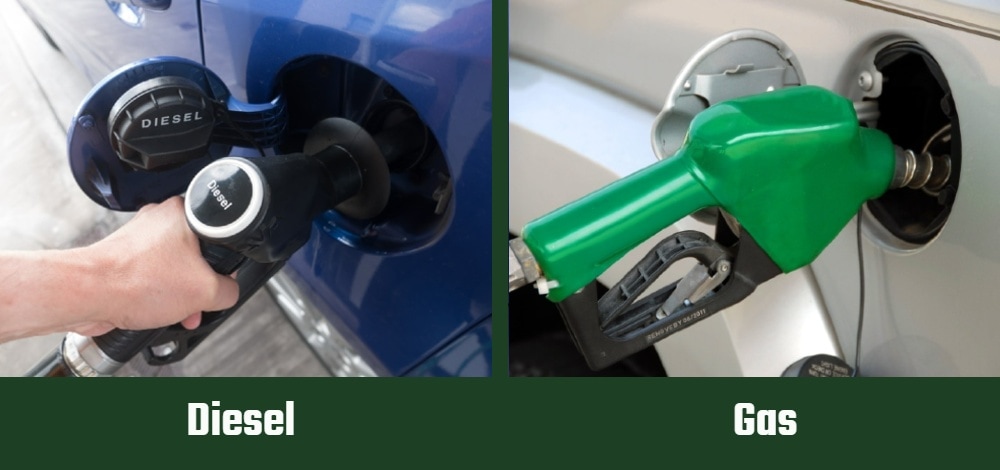
For a car to move, it must have an engine. While all cars have an engine, not all engines are the same. This may sound like a philosophical statement, but it is true. There are two types of engines: gasoline and diesel-powered engines. Sure, when you pull up to a gas station pump, you already know what type of fuel to use on your car- it is usually specified by car manufacturers. But have you ever understood the difference between the two?
Petrol and diesel are used interchangeably, especially when discussing things like towing and horsepower. It is only natural that most people are confused about the actual difference between these two combustion fuels and how both operate. Both fuels work on the same principle of using intake, power, compression, exhaust, and air-to-fuel ratios. However, most people believe diesel to be better because it offers 25% better fuel economy than gasoline.
If you’re confused about the difference between diesel and gas, read on to learn more.
Overview of Diesel
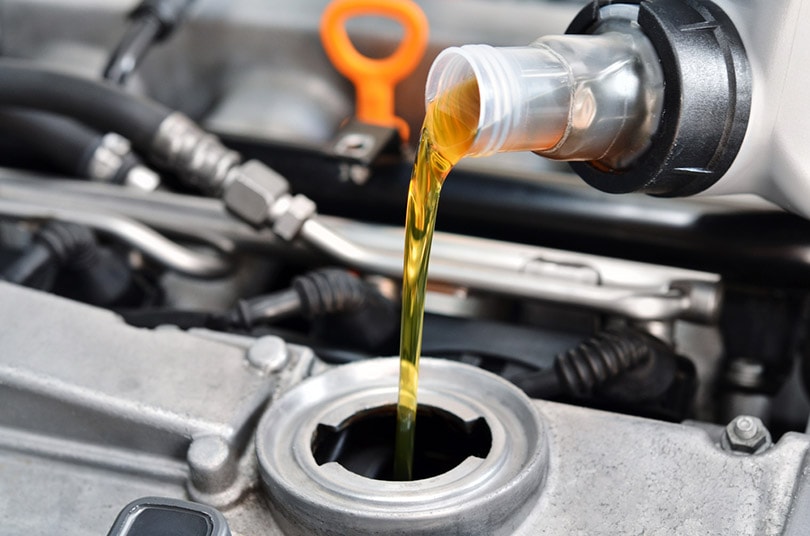
How It Works
Gasoline and diesel engines create car motion by converting fuel into energy through a series of explosions (combustion) that happens in the engine cylinders. The only major difference is the combustion process that occurs to ignite the car. In a diesel engine, instead of igniting the air and fuel mixture with a spark plug, the air is usually compressed by the pistons then fuel is injected into the cylinder.
During the intake process, the air is the first to flow into the combustion chamber then diesel follows. Before ignition occurs, all the contents in the cylinders are compressed inside the chamber. Since diesel cylinders only contain air before ignition, the air is compressed further until it is hot enough for auto-ignition. This is because diesel engines lack the spark plug required to ignite the air-fuel mixture. After the fuel and air mixture combusts to produce power, the resulting fumes are let out through a valve, making way for the process to continue all over again.
A typical diesel engine will have a compression ratio of 20:1, while the gasoline engine has a ratio of 9:1. Since compressing air creates heat, a small amount of highly atomized injected fuel will evaporate. Due to the high-temperature air in the combustion chamber, the heated fuel will reach an auto-ignition temperature which will in turn burn and release energy that causes the car to move.
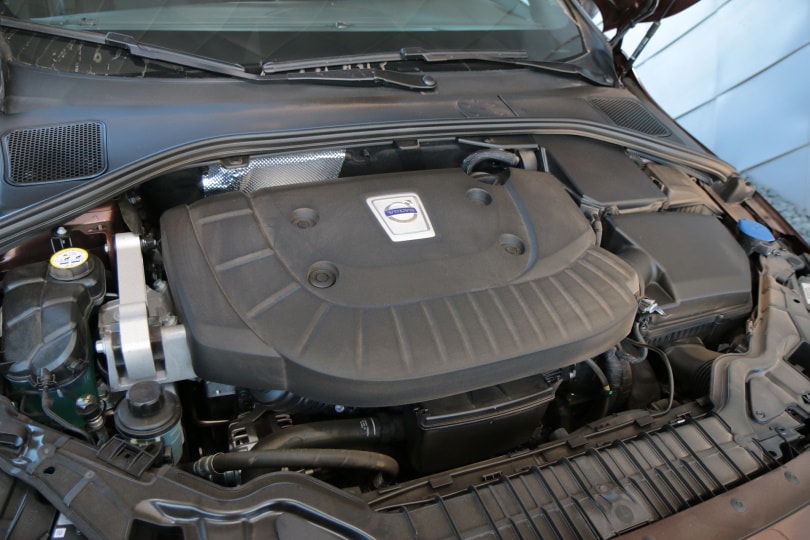
- Better hauling performance
- Fuel Efficient
- Better Resale value
- Expensive
- Cold Start
- Higher fuel Costs
- Noisy Engine
- Pollution
Overview of Gasoline

How It Works
The most common type of engine among car owners, especially in privately owned vehicles is a gasoline engine. They create motion by burning a mixture of air and gasoline in a metal cylinder. While both diesel and gasoline engines use an internal combustion process to move a car, gasoline cars use a spark-ignited system of internal combustion instead of the compression-ignited systems utilized in diesel cars.
During the induction stage, the crankshaft pulls the piston out of the cylinder. This opens the fuel valve which releases gasoline while the air inlet releases air into the cylinder. During the compression stage, the piston is pushed back down, thus compressing the air/gas mixture. Once fully sealed and compressed, the spark plug ignites the mixture.
When the mixture is ignited, the heat and pressure created blows the piston out of the cylinder, which is what we hear when we start the car. The by-products from the combustion process are directed out of the cylinder through a valve. They are finally released into the environment via the exhaust pipe.

- Lower maintenance costs
- Lower fuel costs
- Better availability
- Emissions
- Low Fuel Efficiency
- Low Resale Value
Difference between Gasoline and Diesel Engines
1. Fuel Injection
While both gasoline and diesel engines require fuel to be injected into the cylinder for combustion, the injection is done in different ways. In gasoline engines, the fuel is introduced into the combustion chamber in two methods namely the carburetor and port injection system. A port injection introduces air into the fuel just before the injection stroke. On the other hand, the carburetor mixes the fuel and air first before introducing it into the engine cylinder for compression.
Conversely, diesel engines usually inject fuel directly into the combustion cylinder to deliver a fine mist of diesel necessary for ignition to occur. The injectors must be sturdy enough to withstand high pressure and temperatures. Even today, engineers are still trying to develop a more efficient way to make this process more successful. A good example of technological advancement is the installation of engine control sensors that automatically open the injectors at the correct time.
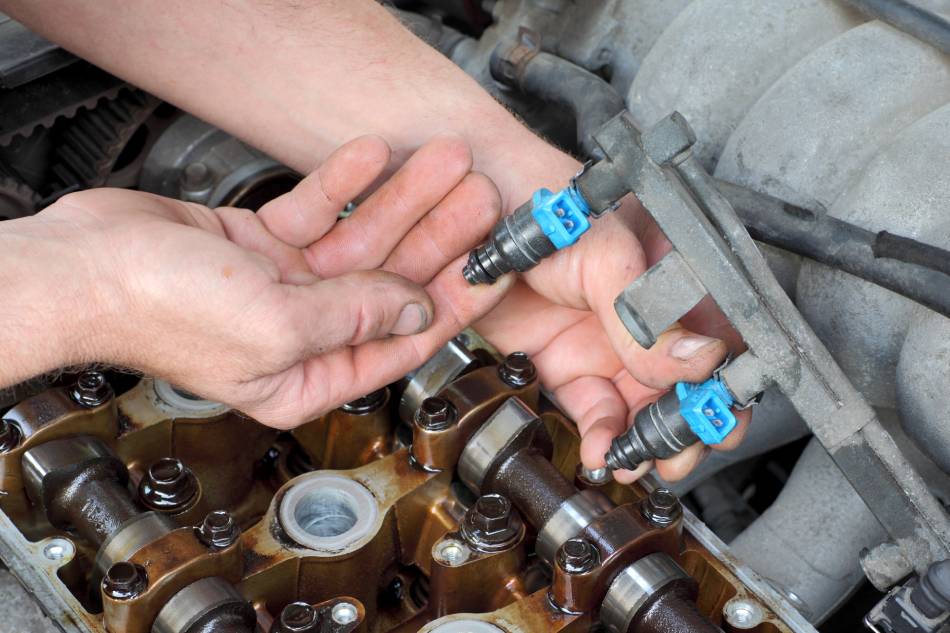
2. Engine Operation
Basically, both diesel and gasoline engines perform similar operations. They rely on internal combustion and a series of explosions inside the engine in quick succession to convert the fuel into mechanical energy that propels a car forward. The main difference is how the explosions occur within the hood.
In gasoline engines, air compressed by pistons is mixed with air inside the cylinder and a spark plug ignites the mixture to achieve motion. In diesel engines, the air is first compressed, which makes it hot. Fuel in the cylinder then ignites when introduced to this high-pressure and temperature environment.
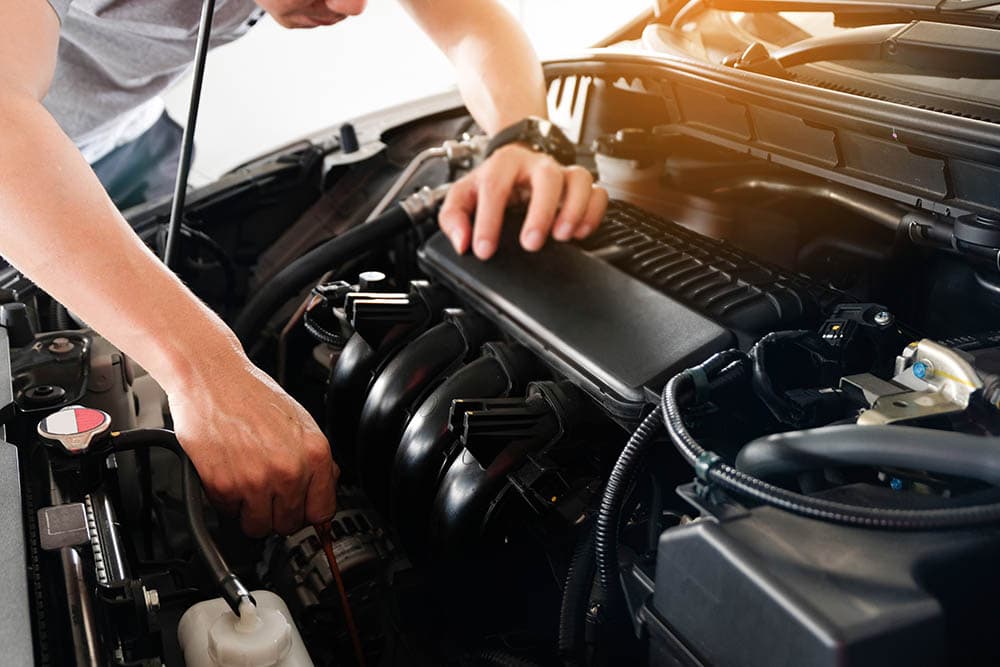
3. Power Output
When shopping for a car, there is usually a lot of talk about torque and horsepower. Torque refers to the measurement of the twisting force, which occurs on the driveline inside the engine. Horsepower on the other hand refers to the measurement of power produced by an engine.
Diesel engines tend to have less torque and more horsepower. This means that the vehicles tend to be slower when compared to their gasoline counterparts. Therefore, fancy sports cars that can reach incredible speeds are usually gasoline powered because they need that extra horsepower produced by gasoline. Meanwhile, heavy-duty transit vehicles and SUVs use diesel because they need enough torque to support heavy loads.

4. Fuel efficiency
When it comes to efficiency in using fuel, diesel engines tend to have better fuel economy numbers compared to gasoline engines. The high-efficiency values can be attributed to the operability of diesel engines.
In gasoline engines, the cylinder should never be allowed to reach the self-ignition temperature during the compression stroke because it could potentially lead to engine failure. Hence, gas engines must maintain a low compression ratio.
Since diesel engines do not utilize fuel during the intake stroke, the engine can compress the air more, and thus has a higher compression ratio. This translates to better fuel efficiency in diesel-powered cars.

5. Fuel Quality
Both gasoline and diesel may be mined from the earth, but the refinement process separates them into various fuel types. Diesel tends to be thicker, meaning it reaches the boiling point much slower. They also tend to have a higher energy density. This is also why diesel has better fuel economy because while it costs more than gasoline, it needs less for the car to achieve motion.
Moreover, diesel-powered cars can use new fueling options like Biodiesel. This type of fuel is made from non-petroleum products like vegetable oils.
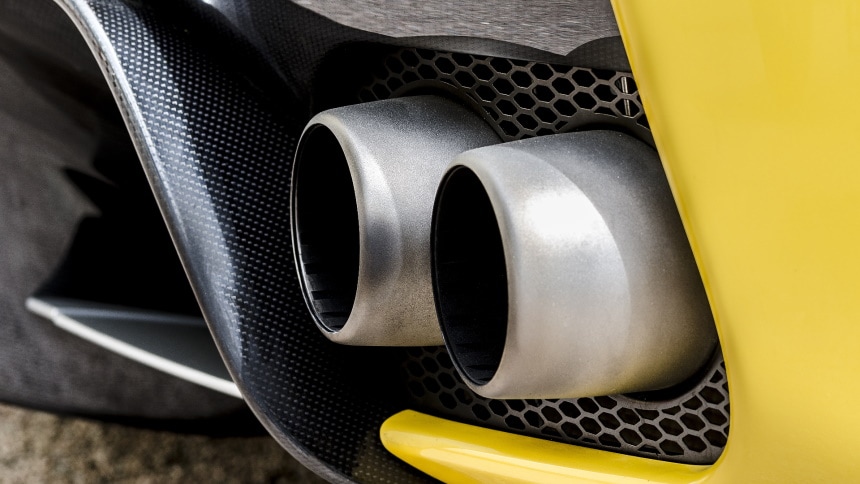
6. Reliability
Instead of spark plugs for ignition, diesel engines rely on glow plugs and an electrical system to run. Therefore, diesel-powered engines have minimal chances of malfunctioning. Generally, diesel engines can offer more operational hours and miles before requiring any type of repair or maintenance service. In case something does go wrong under the hood, the bill for repair is also significantly lower.
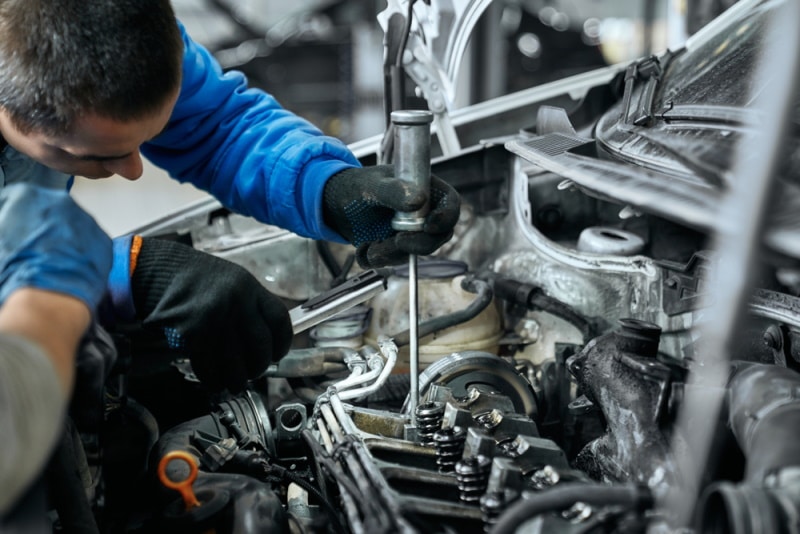
7. Life Expectancy
The life span of diesel and gasoline engines is another thing that sets apart these two fuel types. In gasoline engines, after surpassing the 150,000-mile mark, the engine cylinders experience wear and tear, which significantly reduces their efficiency.
However, diesel engines are known to have a greater life expectancy because, unlike their counterparts, the cylinder on the engine is equipped with a removable liner. When diesel engines reach 300,000 miles, you can easily replace the liner without necessarily having to remove and replace the entire engine.
Additionally, diesel engines have high torque but with a low RPM, hence why the gas engine will have more revolutions per minute as it cruises down the motorway compared to diesel cars. Consequently, the diesel car will wear out at a slower rate than the gas-powered car, resulting in a longer life expectancy.
Moreover, diesel engine parts tend to be thicker and more robust. A higher volume of the engine oil system also ensures that diesel engines can haul heavy loads for longer.

Which One to Choose
Diesel and gas engines appeal to different drivers for various reasons. To determine which engine type is best for you, simply examine your driving habits. Diesel may appeal to some drivers because of its beneficial aspects such as superior fuel economy and reliability, but it is not suitable for every situation.
Diesel-powered cars are preferred by drivers who need a lot of horsepower and less torque in their vehicles making them ideal to haul heavy loads. They are also ideal for long-distance drivers and will give you better mileage numbers.
Gasoline cars are ideal for people who live in cities and towns with a lot of stop-and-start traffic. They are also more available and have a low fuel and maintenance cost, making them suitable for running errands on short trips.
Conclusion
Overall, gas and diesel engines have similarities and differences. They both need fuel and air to achieve motion in a car. These fuels are usually introduced into the engine cylinder through a four-stroke combustion cycle which includes intake, compression, power, and exhaust. However, the specific details involved in the combustion process differ in the two engines.
Now that you know the difference between gas and diesel engines, you should be able to make a confident decision as to which engine best suits your needs and preferences.
Featured Image Credit: (L) norikko, Shutterstock | (R) Piqsels
Contents


